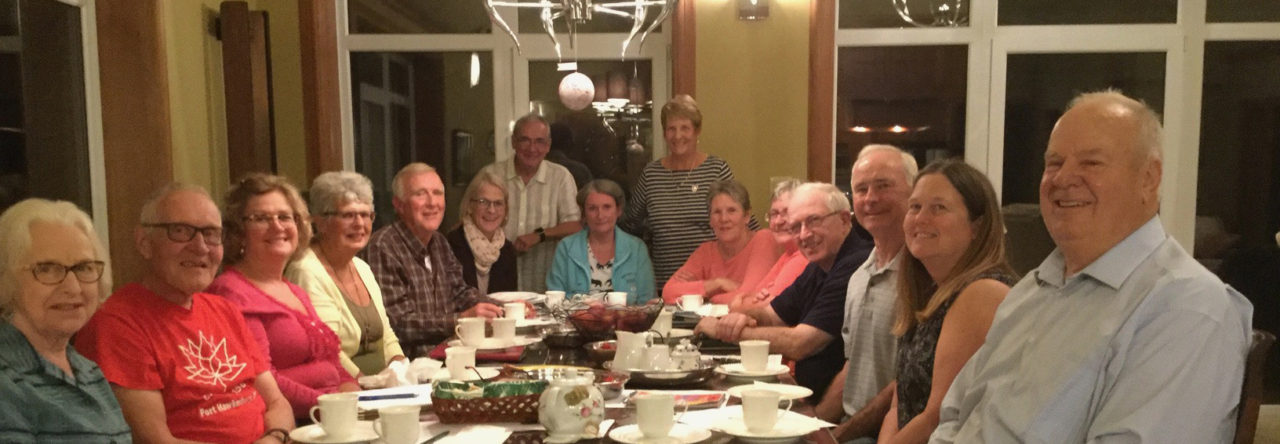By: Joyce Chanda
Inverness County Cares (ICC) is a local charitable organization, founded in 2012 and based in Inverness County, NS, with a mandate to assist children who are in desperate need. Their current project involves supporting two schools for albino and visually impaired students in Northern Zambia.
I am Joyce Chanda age 20 years and the third born in a family of six, five girls and one boy. I have partial-sight, one eye is completely blind and the other eye has a special angle in the pupil of the eye which receives light and allows me to see. My biological mother, one day told me that, when she conceived, she attempted abortion by drinking traditional herbs. These herbs, affected my eyes and I was born with partial sight. My remaining eye’s visual acuity is constant, it doesn’t diminish. When I was young, I thought this is how people’s sight was. Now I have learnt to accept this condition I was born with.
At my family home in my village, I was not allowed to associate with others, for they were afraid of me hurting myself or falling into a ditch. Most of the time I just stayed home. Because of my isolation and sad living situation my cousin Petronella took me to live at her home, (this is where I live now when I am home from school). She is a house wife and a subsistence farmer. I don’t call her cousin, instead I call her my mother, because she has helped me so much in my education. She has taught me all house chores, including cooking foods mixed with ground nuts and she helped me to be sociable. She has provided encouragement, guidance and given me confidence.
In 2007, a student at St Mary’s Special School by the name of Jonas convinced my mother that I should be taken to St Mary’s Special School in Kawambwa, it was not easy for her to accept, but later on she accepted.
At Kawambwa School I had the privilege to be taught by Mrs. Elizabeth Kinda from grade one to four. She helped me so much in my education. In extra-curricular activities I excelled in sports and Madam Gillian Chileya and Mr. Mwangula Newman coached us well, especially long distance running. During my secondary school period, I was the best runner in my hostel and it was then I developed the habit of running early in the morning on Wednesdays and Saturdays. I still continue this habit and it developed my desire is to compete and win and now my dreams have come true.
Today, I am a pursuing a course in education as a secondary home economics teacher at Mansa Teachers’ Training College and in the third and last year of my course. My final examinations start this month, 30th November 2021, up to 10th December, 2021.
I had the opportunity to attend and compete in the running race called a Marathon. It was organized by all eight colleges in the province and each college sent six participants to the race, including a disabled person (if any). I was chosen at my college, soon trainings started and I become committed.
Many had doubts in my ability including the principal of the college, but I assured them I was capable. My lecturer in charge of the special unit, Mr. Kaoma Matthews encouraged me and emphasised, “Disability is not inability”, and many other friends came on board to support me.
The actual day came, November 13th, 2021, all instructions were given to us. A solider was assigned to run behind us in case I experienced blurred vision. In addition, the solider was to blow a whistle in case I missed the route. I tell you, these considerations, gave me confidence, joy, peace and happiness and inspired my colleagues as well.
We started running in the morning around 6:00 AM, I ran very, very fast in the first 30 minutes and I reduced the speed for ten minutes, again I ran like a jet, for another 35 minutes. I was very constant with my running speed until very close to the finish. When I looked behind I saw a man coming and I felt as if he were chasing me… from nowhere, energy came and I ran very fast and reached the finish line.
I just heard people shouting, “Disa Joy! Disa Joy! (an abbreviation for disabled and Joyce.) Guess! The! Position! One!!!! In 21 km women’s Marathon race for students in higher education.
What a great success! What a success!! I was jubilant.
My winning of this medal, has created in me total SELF confidence. Now I believe that I can do things with practice. I am so happy. My heart has filled with joy and confidence in myself and it has come with a great lesson to me… that I can do anything despite of my condition. I learned is the heart, not the physical well-being that determines success. What you tell your heart, is what will happen.
My staying in Kawambwa has been a great blessing, physically, psychologically and spiritually. Thank you Kawambwa for giving me the opportunity to realize my dreams. God Bless.
Inverness County Cares always welcomes new members. Individuals who wish to donate, can use the donate button on our website http://invernesscountycares.com
When using E-transfer, please include your mailing address for CRA tax receipts and a thank you message. E-transfer address: [email protected]
or send a cheque to Inverness County Cares, 5414 Route 19, Judique, NS, Canada, B0E1P0. Taxation receipts provided for USA and Canada.























